New Delhi: The Supreme Court in its judgment on the scope of parliamentary privilege in the first week of March used the term “founding parents” to refer to members of the Constituent Assembly. This marked a departure from the term “founding fathers” which seemed to overlook the women who contributed to the drafting of the Constitution.
Of the 389 members of the Constituent Assembly who were indirectly elected by members of provincial assemblies, 15 were women.
Of these women, one was a committed advocate against reservation for women in the legislature, another favoured a Common Civil Code and a third, the only Muslim woman part of the Constituent Assembly, argued against quotas for minorities, while a fourth, a Dalit woman, predicted the decline of the Congress party.
Chief Justice of India D.Y. Chandrachud, who authored the seven-judge bench’s ruling on parliamentary privilege, had used the term “founding mothers” in a separate judgment he authored in 2018.
Referring to makers of the Constitution as “founding parents” takes that idea forward.
Back in 2018, Chandrachud had quoted American historian Granville Austin, considered a leading authority on the Constitution of India, to say: “India’s founding fathers and mothers established in the Constitution both the nation’s ideals and the institutions and processes for achieving them.”
“The President was designated as the titular head of government. The founding fathers and mothers of the Constitution adopted the convention which made the President generally bound by the advice of the Council of Ministers,” the judgment went on to add, underlining the role of the 15 women who contributed to the drafting of the Constitution.
Here, ThePrint takes a look at the arguments put forward by these 15 women members of the Constituent Assembly.
Also Read: ‘Winnability’ over nari shakti? Only 13% of BJP’s candidates for upcoming state polls are women
Begum Aizaz Rasul (United Provinces)
Begum Aizaz Rasul was the sole Muslim woman part of the Constituent Assembly. Over the course of multiple debates, she put forth her staunch opposition to reservation for minorities in the legislature, terming the idea “meaningless”, “useless” and a “self-destructive weapon which separates the minorities from the majority for all time”.
“….today again I repeat that in the new set-up with joint electorates it is absolutely meaningless to have reservation of seats for any minority,” she said while participating in one such discussion.
Aizaz argued that minorities need to depend upon the “goodwill” of the majority community. “…but I do agree with Dr Ambedkar that it is for the majority to realise its duty not to discriminate against any minority,” she said on 8 November 1948 during a discussion on the draft constitution. She believed that no party would ever field candidates for election while “ignoring the Muslims”.
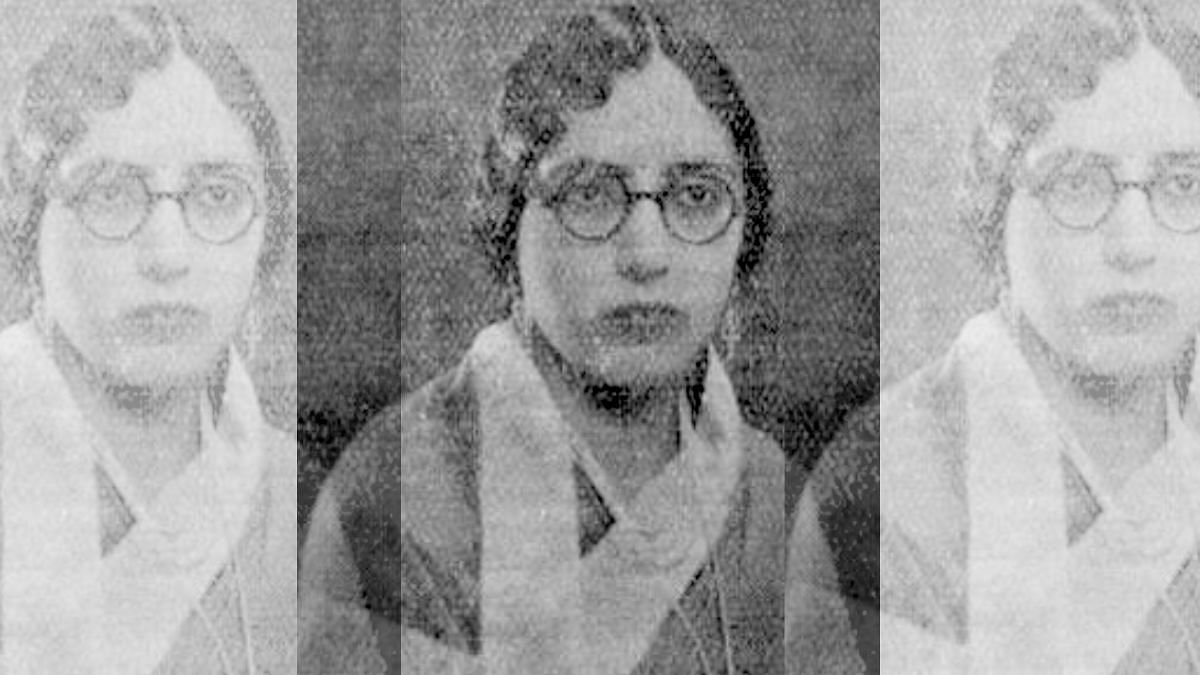
On an unrelated note, she suggested on 3 January 1949 that Parliament be named “Indian National Congress”. She argued that the word ‘Parliament’ be substituted by a name which would convey to the people of India and to the world “the name of the party that instituted the struggle for the freedom of the country”.
She believed that with this the Congress’s participation in the freedom struggle could be permanently commemorated. “This will also save the Congress from degenerating in course of time as all political parties are bound to do,” Aizaz said on 3 January 1949.
“It will liberate the Indian people from the glamour of the Congress and make it possible for them to exercise their vote democratically or otherwise the name of the Congress will unduly influence their emotions,” she added.
Dakshayani Velayudhan (Madras)
Nominated to the Cochin Legislative Council in 1945, Dakshayani Velayudhan was the first Dalit woman legislator in pre-Independence India. Her strong views on the party resulted in stern opposition to her nomination to the Constituent Assembly from the Madras Congress.
In an article she wrote in January 1946 Jai Bheem, weekly journal of the All India Scheduled Castes Federation (AISCF), Velayudhan wrote: “It is a foregone conclusion that Congress will burst into pieces when it takes the entire administration of the country. Congress is the least fitted party to rule over India on a democratic basis.
“The Congress government will be a Government of the Caste Hindus and the Capitalists. The Congress government will never satisfy the aspirations of the masses. The Congress Government cannot give freedom of thought and action to the people. The awakened masses of India will soon realise that they have done a folly in supporting the Congress.”
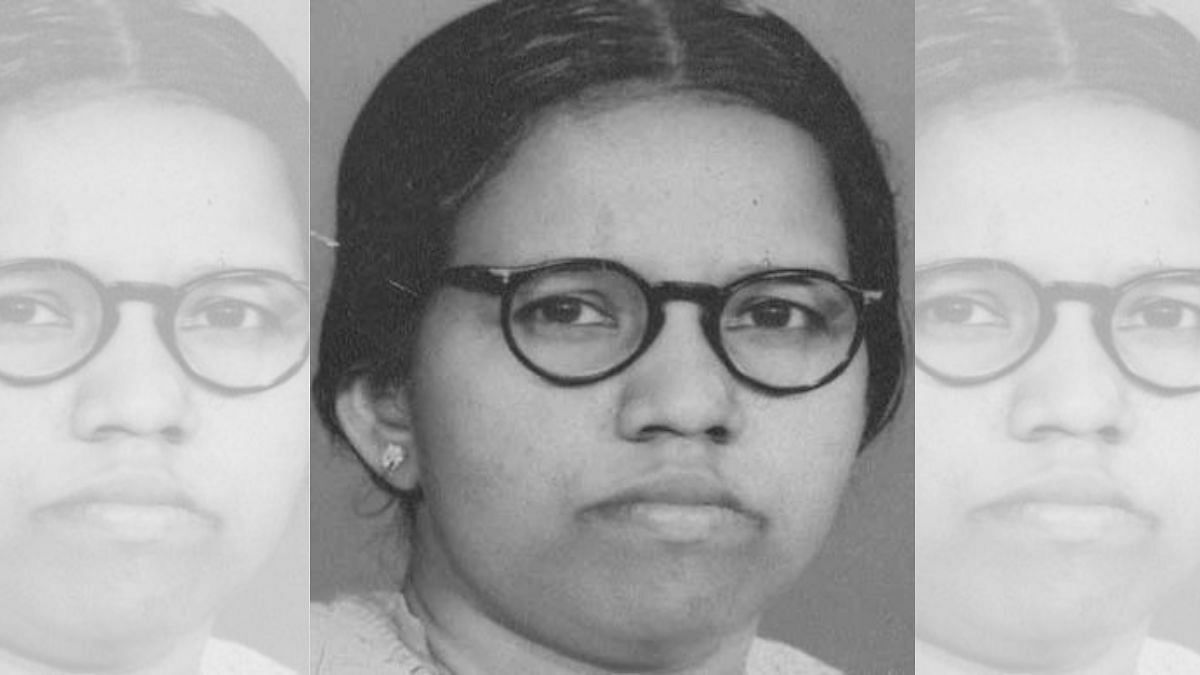
A staunch nationalist, in December 1946, she had appealed to the Harijan delegates of the Constituent Assembly not to “harp on separatism”.
“We should not make ourselves the laughing stock of our future generations by harping on separatism. Communalism, whether Harijan, Christian, Muslim or Sikh, is opposed to nationalism,” she told them.
In stark contrast to Ambedkar’s stand on the issue, Velayudhan opposed the proposal for a separate electorate for Dalits. “What we want is not all kinds of safeguards. It is the moral safeguard that gives real protection to the underdogs of this country. I am not at all afraid of the future of the Harijans. It is not safeguards that go to improve the status of the Harijans,” she submitted before the August House.
G. Durgabai (Madras)
Married at the age of eight to a wealthy landowner, Durgabai opted out of that marriage at age 15. She later married Chintaman Deshmukh, the first Indian to be appointed Governor of the Reserve Bank of India, in 1953. Having studied law, she argued passionately for the cause of the judiciary in the Constituent Assembly.
In July 1947, she submitted that the independence of judiciary to a “large extent depends on the way in which these judges are to be appointed”.
Durgabai added that the judges should not be made to feel that they owe their appointment to any person or party. “They have to feel that they are independent.”
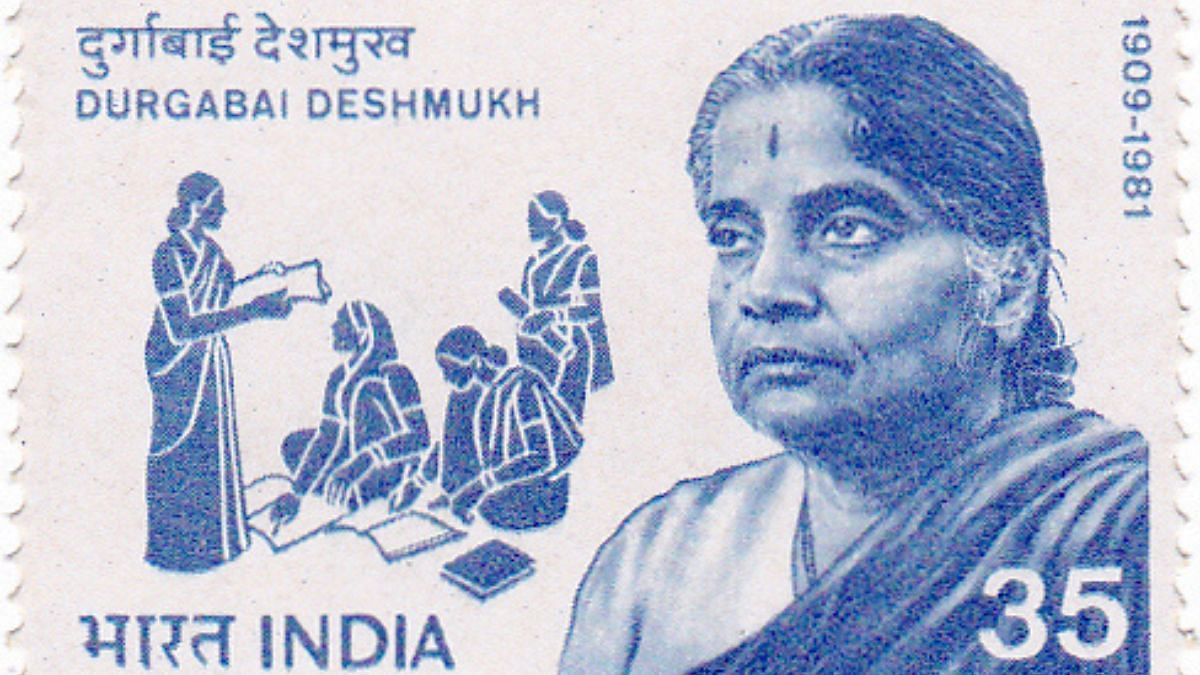
In May 1949, she also spoke about the role of governors.
“We wanted to introduce the Governor in our Constitution because we thought that an element of harmony would be there and that institution would bring about some sort of understanding and harmony between the conflicting groups of people, if really the Governor is conscious of his duties and he functions well,” she submitted.
Durgabai added that it is only for this purpose that the office of the Governor was kept above party politics and should remain that way.
Hansa Mehta (Bombay)
Hansa Mehta was a globally renowned feminist. India’s delegate to the UN Commission on Human Rights from 1947-1952, she is — according to the United Nations — widely credited with effecting the change from “All men are born free and equal” to “All human beings are born free and equal” in Article 1 of the Universal Declaration of Human Rights.
Mehta was the one who presented the National flag of India “on behalf of the women of India” to Parliament on 14th August 1947.
She was also among members of the Constituent Assembly who were convinced of the need for a uniform or common civil code.
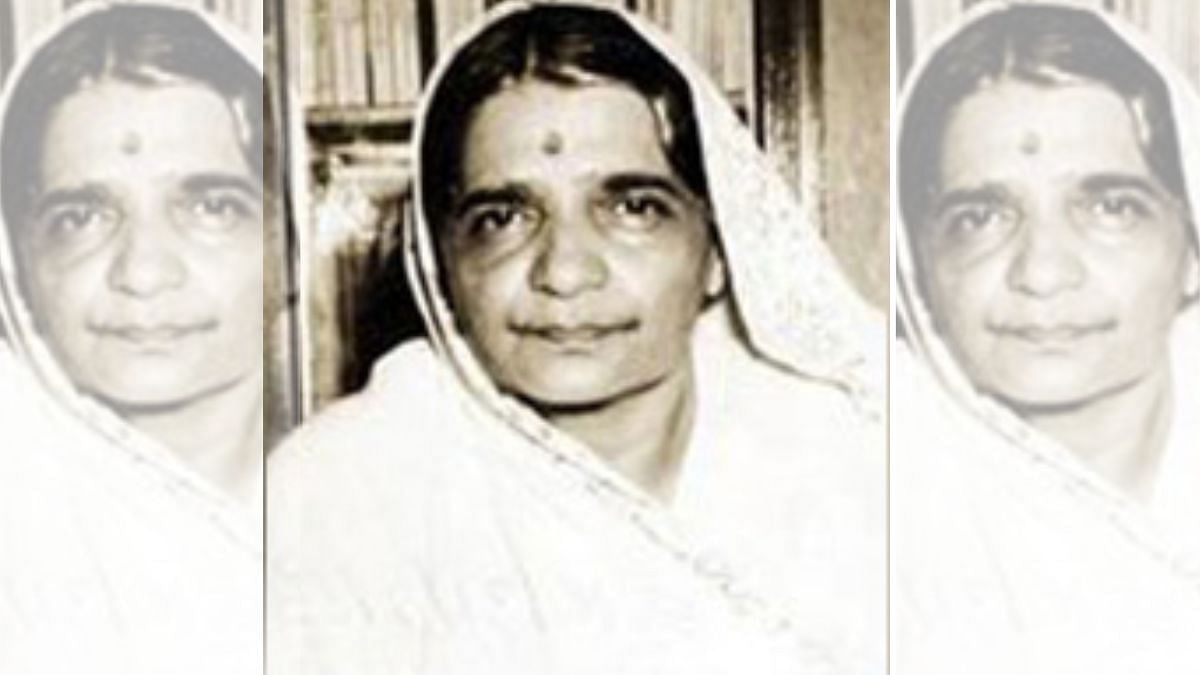
In November 1949, during a discussion on the draft constitution she argued that a common civil code is “much more important” than even a national language — which was among the most contentious topics up for discussion at the time. “We have too many personal laws in this country and these personal laws are dividing the nation today,” said Mehta.
She added that a common civil code was “very essential” to build “one nation”.
However, Mehta added that the code must be at “par with, or in advance of, the most progressive of the personal laws in the country. Otherwise, it will be a retrograde step and it will not be acceptable to all.”
Purnima Banerji (United Provinces)
Banerji was viewed as one of the most vocal socialists in the Constituent Assembly.
In September 1949, she was among those who felt “very strongly” that the right to livelihood should be guaranteed to all in Part 3 of the Constitution that deals with Fundamental Rights.
“But at that moment we realised that in order to do that a new order of society will have to come into being which possibly will take some time and therefore the right of livelihood was included in these Directive Principles of State Policy,” she said at the time, adding that these principles are absolutely essential and must be “our guiding star in the future”.
Two months later, during another debate, Banerji argued that key industries and all mineral resources of the country should be under state control. “In the Karachi Resolution of the Congress where most of these Fundamental Rights were incorporated for the first time in a political document, there was a provision that key industries and all the mineral resources of the country shall be State controlled. That, I think, should have found a specific place in the Directive Principles of State Policy,” she said.
Based on personal experience, having been jailed multiple times by the British, she was an fervent advocate for the rights of detainees. She even proposed that if an earning member of a family is detained, he/she should be given a maintenance allowance.
“It should not be left to the arbitrary will of anyone to deprive anybody of his liberty and then later on to decide, by leaving it to their sweet will, as to how his dependents shall live and maintain themselves,” she told the Constituent Assembly.
Rajkumari Amrit Kaur (Central)
Born in the erstwhile royal family of Kapurthala in undivided Punjab in 1887, Kaur would go on to serve as Mahatma Gandhi’s secretary for 16 long years.
Elected president of the World Health Assembly in 1950, she was also Independent India’s first health minister and served in Jawaharlal Nehru’s Cabinet for a whole decade, from 1947 to 1957.
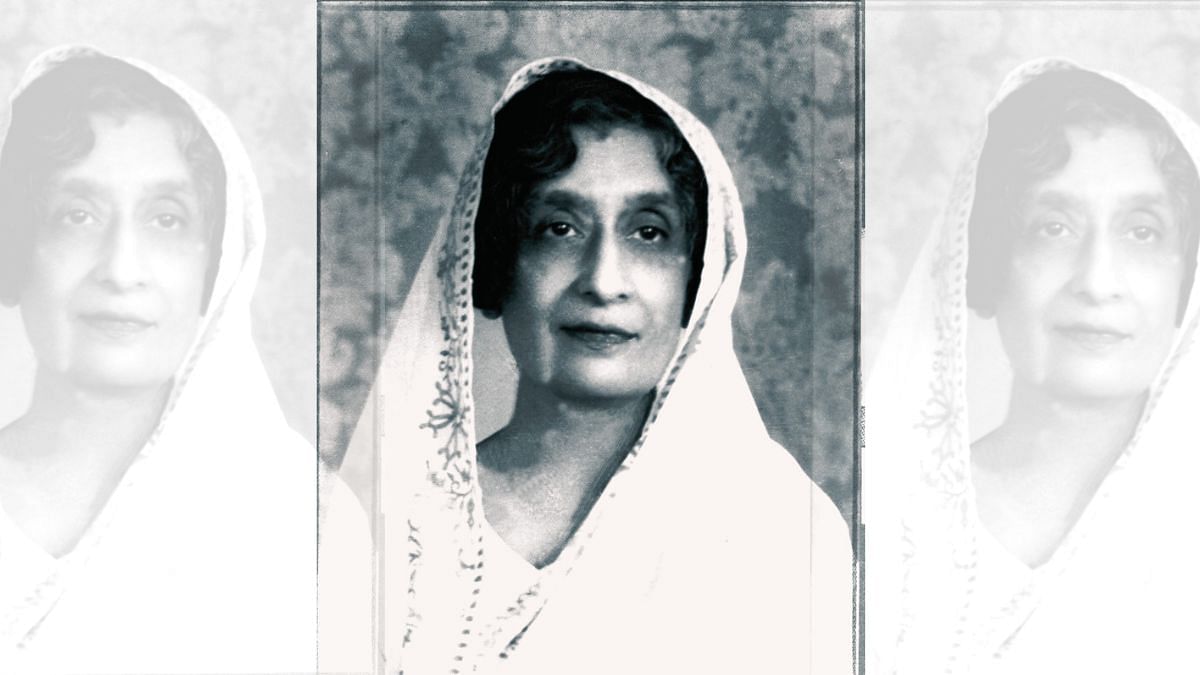
Kaur had a difficult task in front of her, given India’s low life expectancy and mortality rate, among other health indicators, at the time.
“At the very outset I would like to say that government is painfully aware of the very unsatisfactory condition of public health all over the country and it will be my constant endeavour, so long as I am called upon to serve the country here to do my utmost to remedy the existing sorry state of affairs,” she told the Constituent Assembly.
Renuka Ray (West Bengal)
Renuka Ray, who breathed her last in 1997, featured in the national discourse as recently as last year owing to her strong opposition to reservation for women in the legislature.
Ray had once called reservation for women an “impediment to our growth and an insult to our very intelligence and capacity”.
She remains one of the most prominent women’s rights activists in the history of Independent India.
A month before Independence in 1947, arguing against women reservation, she told the Constituent Assembly, “Ever since the start of the women’s movement in this country, women have been fundamentally opposed to special privileges and reservations.”
In the same breath she added, “Through the centuries of our decadence, subjection and degradation, the position of women too has gone down until she has gradually lost all her rights both in law and in society. Nonetheless, with the first stirrings of consciousness amongst women, there never arose any narrow suffragist movement that has been so common in so many so-called enlightened nations. Women in this country have striven for their rights, for equality of status, for justice and fairplay and most of all to be able to take their part in responsible work in the service of their country.”
She argued that reservation for women in Parliament or state assemblies would result in them being deprived of the opportunity to fight in general seats. “We feel that women will get more chances in the future to come forward and work in free India, if the consideration is of ability alone.”
Sarojini Naidu (Bihar)
“I shall now request Bulbul-i-Hind, the Nightingale of India, to address the House (laughter and cheers) not in prose but in poetry.” This is how the chairman of the Constituent Assembly called on Sarojini Naidu to address the August gathering on 11 Dec 1948.
Naidu began her speech with a poem: “Bulbul ko gul mubarak, gul ko chaman mubarak, Rangeen tabiaton ko range sukhan mubarak (The nightingale is happy to be with the flower, the flower is happy to be in the garden, People with colourful personalities are happy with poetry).”
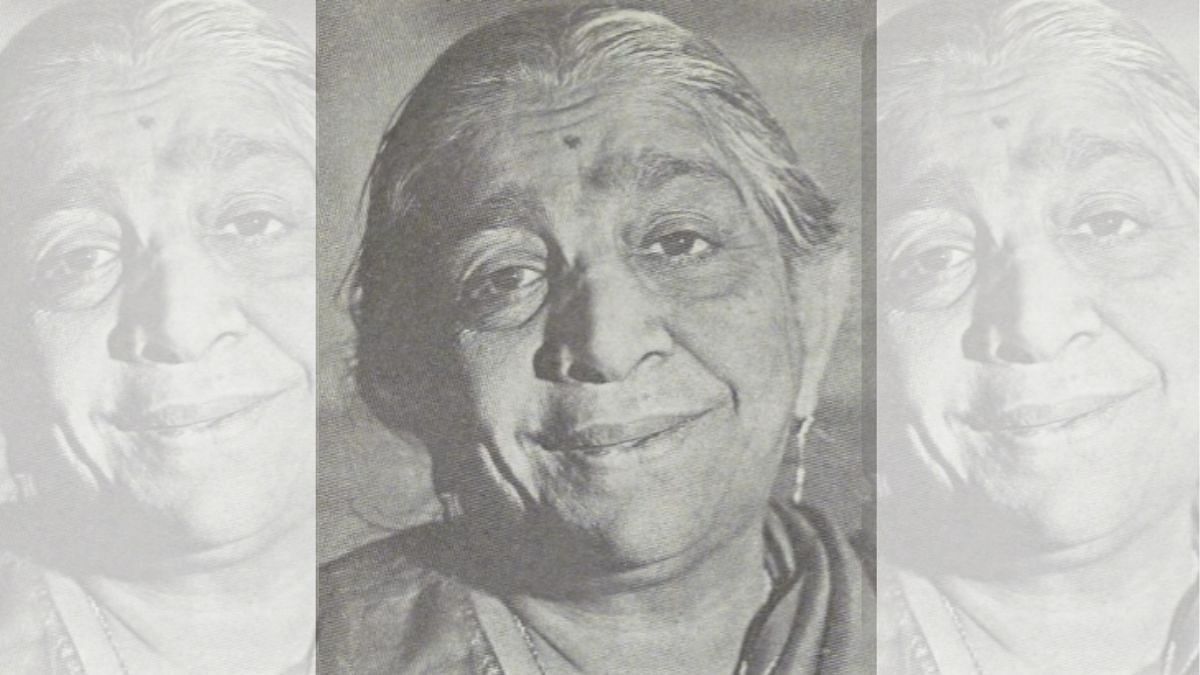
The first Indian woman to serve as president of the Congress party, she worked closely with Mahatma Gandhi and was a central figure in several of the movements mounted against the British. She took charge as the first Governor of Uttar Pradesh on 15 August 1947 and served in that role until her death on 3 March 1949.
Naidu would not live to see the Constitution come into effect.
During a discussion on the national flag in July 1947, as a member of the “Flag presentation committee”, Naidu had said: “I say that we women stand for the unity of India. Remember this Flag; there is no prince and there is no peasant, there is no rich and there is no poor. There is no privilege, there is only duty and responsibility and sacrifice.”
Sucheta Kripalani (United Provinces)
At around 11 PM on 14 August 1947, ahead of Nehru’s historic ‘Tryst With Destiny’ speech, Kripalani was called on for the “first item on the Agenda” — singing the first verse of ‘Vande Mataram’.
Before the proceedings concluded, it was she who was invited again to sing the first few lines of ‘Sare Jahan Se Achcha’ and the national anthem.
Married to Gandhian socialist J.B. Kripalani, she went on to become the first woman chief minister in Independent India, in 1963.
She was an ardent supporter of the Hindu Code Bill. Speaking in the Constituent Assembly on 24 February 1949 in support of it, she said, “If all this controversy had been based on reason and on the merits of the changes proposed in Hindu Law it would have been to the good but much of the controversy is clouded by irrelevant issues. The argument of ‘Religion in Danger’ has inspired much of the propaganda against the Code.”
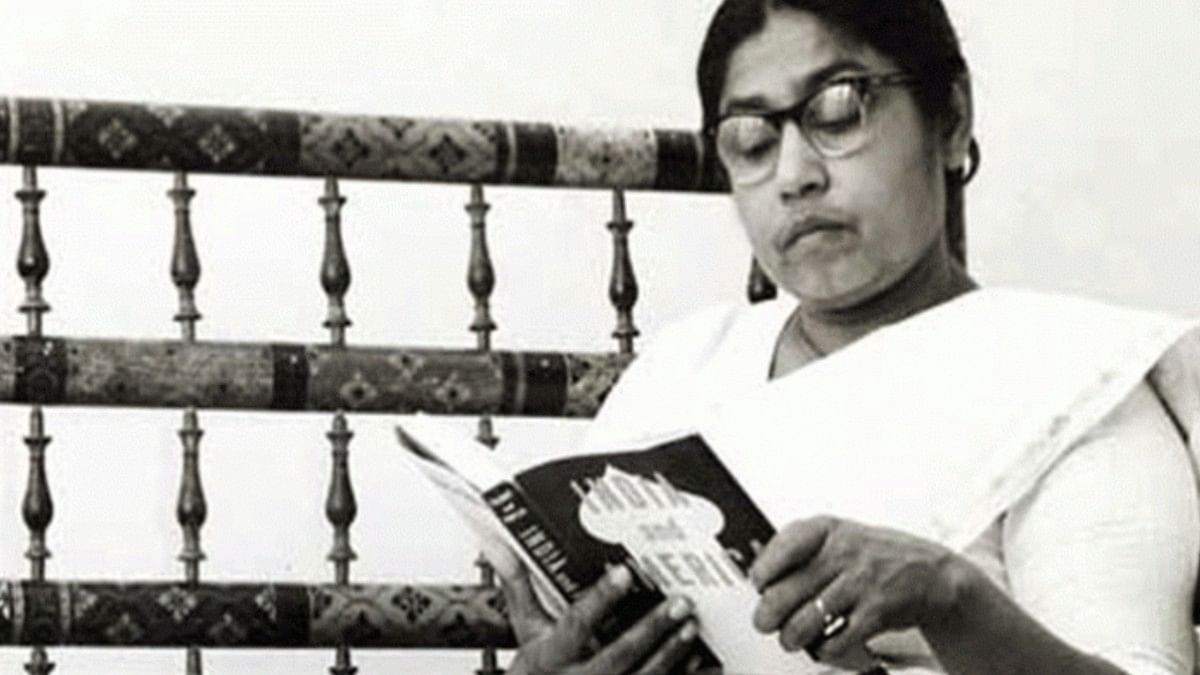
Kripalani further submitted that those who oppose the Hindu Code Bill claiming that it would shake the “foundation of the Hindu religion,” were doing “great injustice” to their own religion.
She argued that social arrangements, institutions, conversations and customs that have evolved through the ages are not religion and that the code did not seek to disturb Hinduism but amend Hindu civil law. “The law has changed from time to time. It is different from religion and has never been unchangeable and static…..The right to make changes was well recognised by the Dharma Shastra,” she said, adding that Hindu civil law became “rigid and static” only after the British came to India.
There were murmurs at the time, including among those from the Congress party, to postpone the bill, but Sucheta Kripalani argued against it. “Why should it be postponed? Because this may adversely affect our party’s popularity?”
She added, “To shelve a bill just in order to catch votes for the next election is not right. I think it is not even honest”.
Vijaya Lakshmi Pandit (United Provinces)
Nehru’s younger sister, Vijaya Lakshmi Pandit had her own distinctive career as a freedom fighter, politician and a globally renowned diplomat. She was the first woman president of the UN General Assembly.
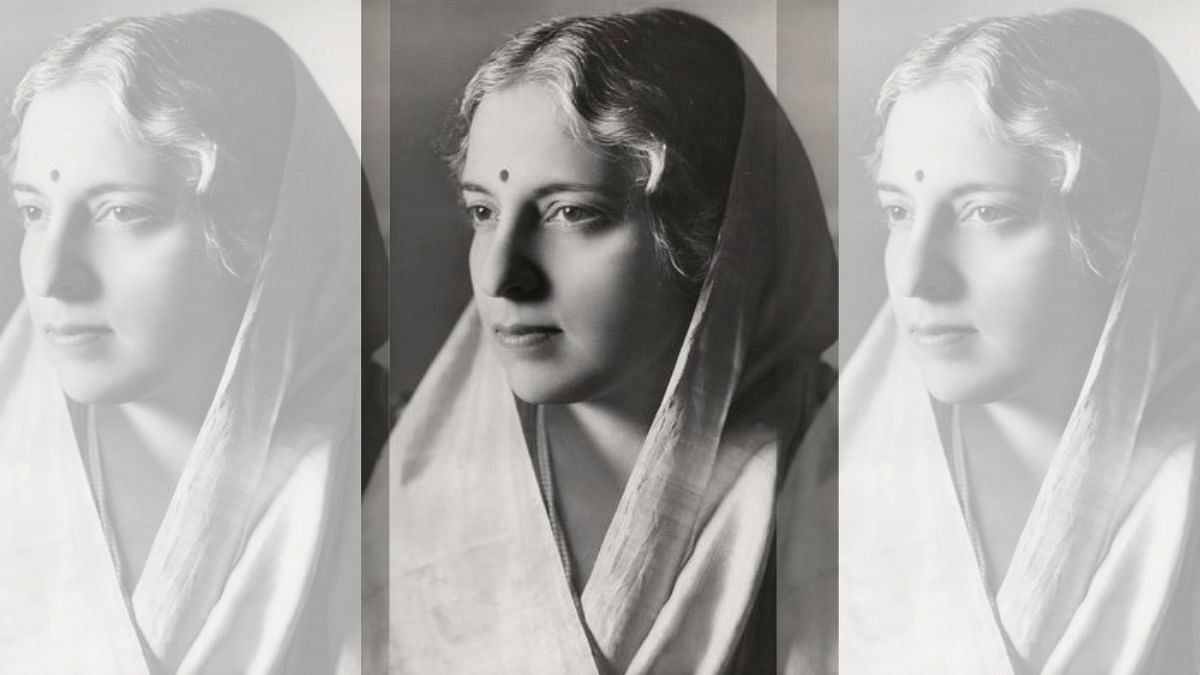
“An Independent India would no doubt assume leadership not only of Asia but of the world, and so when we meet here in this Assembly to draw up the future Constitution of our country, we must not forget that it is not only to ourselves we owe a duty but also to the world which looks to us,” she had said in January of 1947, predicting a key role for India in the global world order.
Having left politics in the late 1960s, she returned to the scene in the 1970s to oppose the Emergency imposed by her niece and then Prime Minister Indira Gandhi. In 1977, she even contested the presidential elections but lost the contest to Neelam Sanjiva Reddy.
Also Read: BRS to TMC & BJD, many parties champion women’s quota, but don’t field them in state polls
Ammu Swaminathan (Madras)
Ammu was known for the work she did alongside social organisations in Madras for the welfare and education of women and children.
An unfeigned proponent of equal rights, she said during a discussion on the motion to pass the draft constitution on 24 November 1949, “People outside have been saying that India did not give equal rights to her women. Now we can say that when the Indian people themselves framed their Constitution they have given rights to women equal with every other citizen of the country.”
“That in itself is a great achievement and it is going to help our women not only to realise their responsibilities but to come forward and fully shoulder their responsibilities to make India a great country that she had been,” she added.
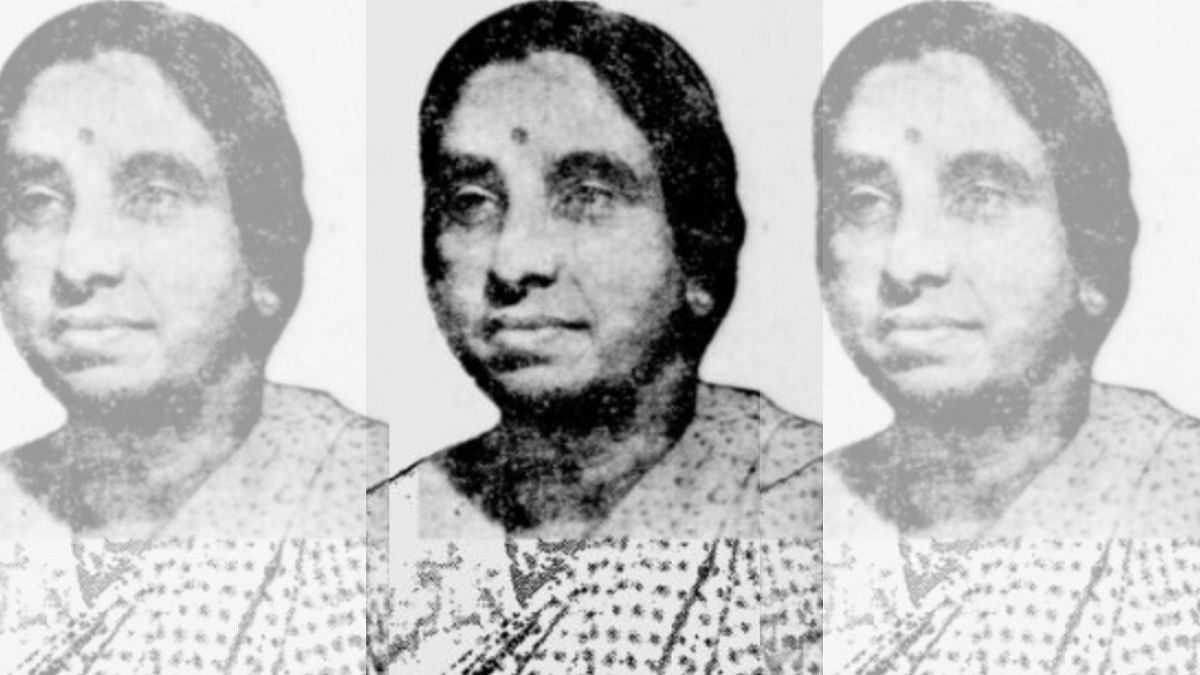
Ammu, however, was critical of the Constitution for being “a very long and a very bulky volume”.
She was of the opinion that a Constitution should be a “small volume which one could carry in one’s purse or pocket and not a huge big volume”.
At the same time, Ammu was proud of the fact that the Fundamental Rights included the right to profess, practice and propagate religion and termed this right “very vital”.
“The Hindus have always been known to be tolerant towards all religions and we have put that down in our Constitution so that there will be no mistake about it and nobody can say that our Constitution did not include freedom of worship to every citizen of this country,” she had said.
Annie Mascarene (Travancore & Cochin Union)
An advocate by profession, Mascarene was a believer of centralisation of power but only to an extent. She also argued in June 1949 that centralisation of power is “good enough for stable administration”, but should come at later stages and not at the very inception of a democracy.
“At the very inception of democracy, centralisation would look more autocratic than democratic,” she argued.
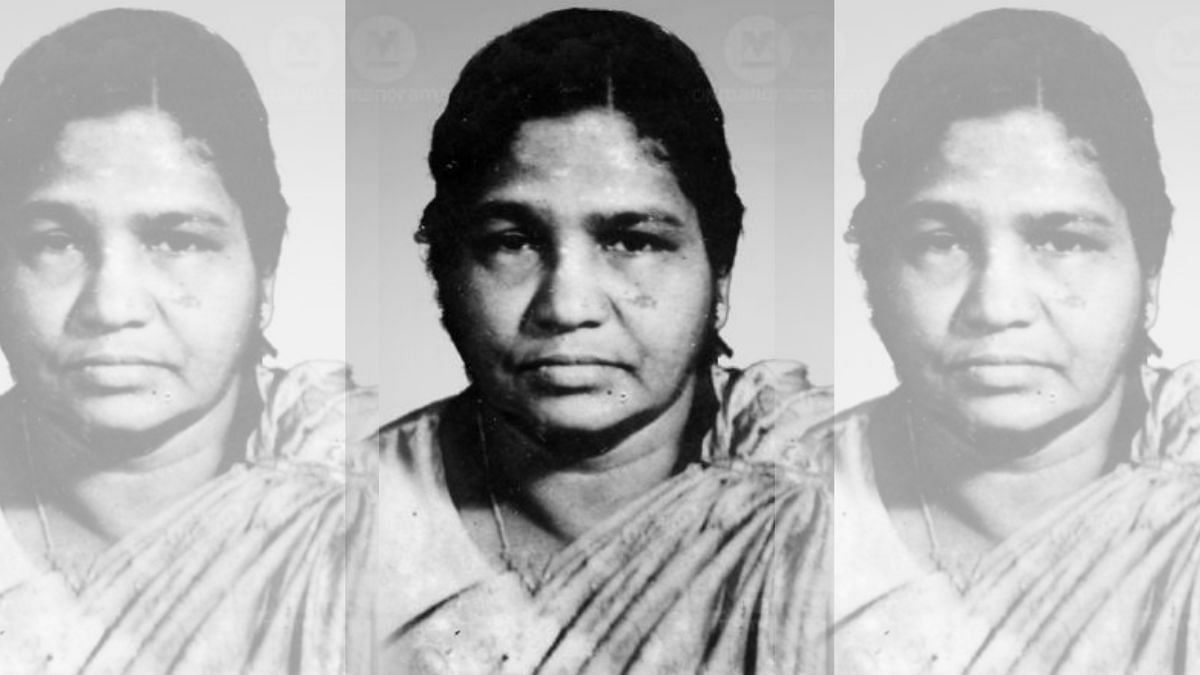
She also took pride in Travancore having an early adult franchise. “I am not flattering myself, but I should like to inform this House — I think they already know — that adult franchise was first introduced in India by Travancore, and democratic institutions were introduced in Travancore and Cochin before any other province could think of them.”
Kamla Chaudhri (United Provinces)/General
A freedom fighter who worked closely with Mahatma Gandhi, Chaudhri formed Charkha Committees to rally Indian women behind the freedom struggle.
Throughout her life she remained an active proponent of the upliftment of women through literature.
In 1962, she was elected to the Lok Sabha from the Hapur in Uttar Pradesh on a Congress ticket.
Leela Ray (West Bengal)
A vocal advocate of women’s rights, Ray was believed to be closely associated with Subhas Chandra Bose and believed that independence would not be achieved merely through non-violent means. The sole woman representative from West Bengal in the Constituent Assembly, she later quit the House to express her protest against the Partition.
Born in Assam in 1900, she was the first woman to secure a masters’ degree from the University of Dhaka. In 1926 she joined the Shree Sangha, an all-male revolutionary group advocating for independence from British rule.
Making her way into politics, she joined the Forward Bloc party founded by Bose. After Bose’s arrest in 1940, Leela became the editor of the Forward Bloc Weekly. Her sharp editorials led to her arrest. Leela spent four years in jail and was released only in 1946.
Malati Choudhury (Orissa)
A freedom fighter and activist who worked for the upliftment of underprivileged groups, Choudhury resigned from the Constituent Assembly within a short period.
In 1921, she went to Shantiniketan at the age of 16 and was greatly influenced by Rabindranath Tagore who gave her the name “Minu”. Here, she met Nabakrushna Choudhary, who would go on to become her husband and the second chief minister of Orissa, in 1950. Not just Tagore, Gandhi too had a nickname for Malati — ‘Toofani’.
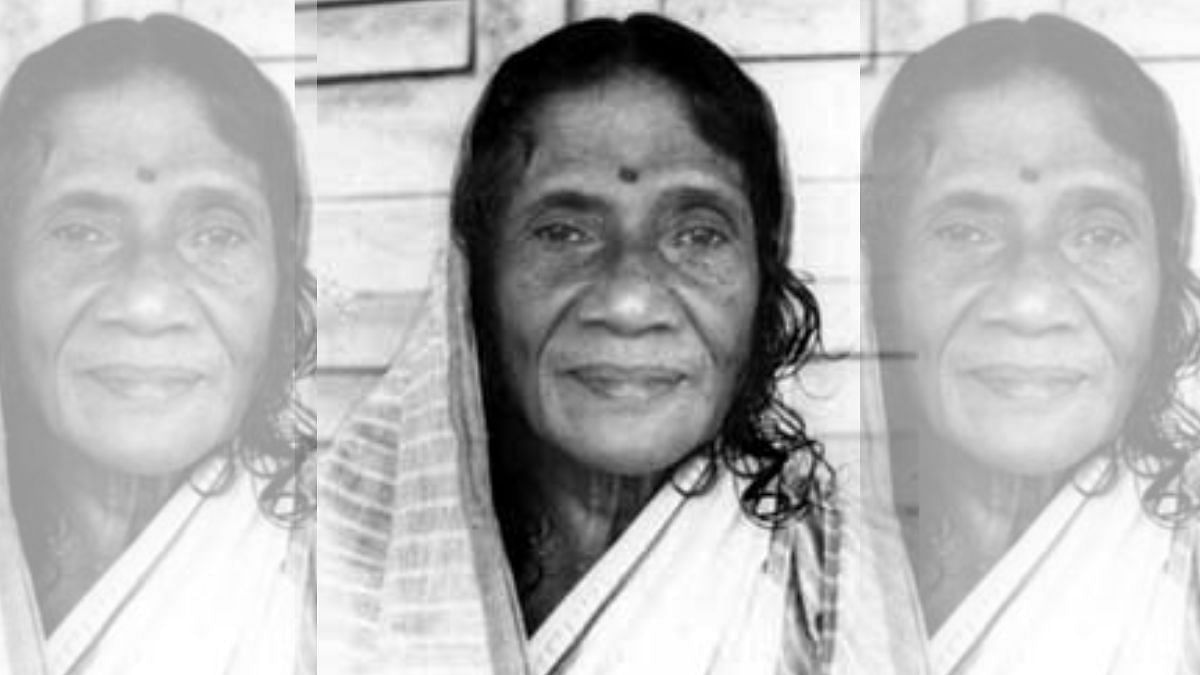
During the Salt Satyagraha in 1930, Malati motivated hundreds of women to come out of their houses and join the movement in Inchudi and then at Kujang. She was arrested for protesting against shops selling foreign goods.
Having taken part in other movements as well, she was sentenced to three years of imprisonment for her role in the Quit India Movement of 1942.
But Choudhury continued to raise her voice against injustice even after Independence and was arrested during the Emergency for her fiery opposition to Indira Gandhi.
(Edited by Amrtansh Arora)
Also Read: Why India won’t see women’s reservation in effect until 2039—it’s about trickery


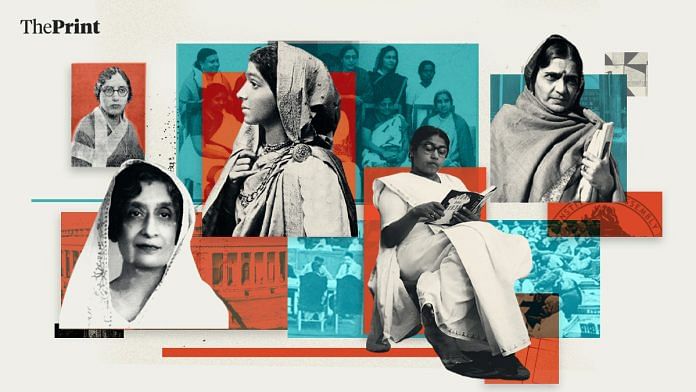

Heartfelt appreciation for this article. It is not only informative but is also able to convey the spirit of the arguments made by the Founding Mothers of our Constitution